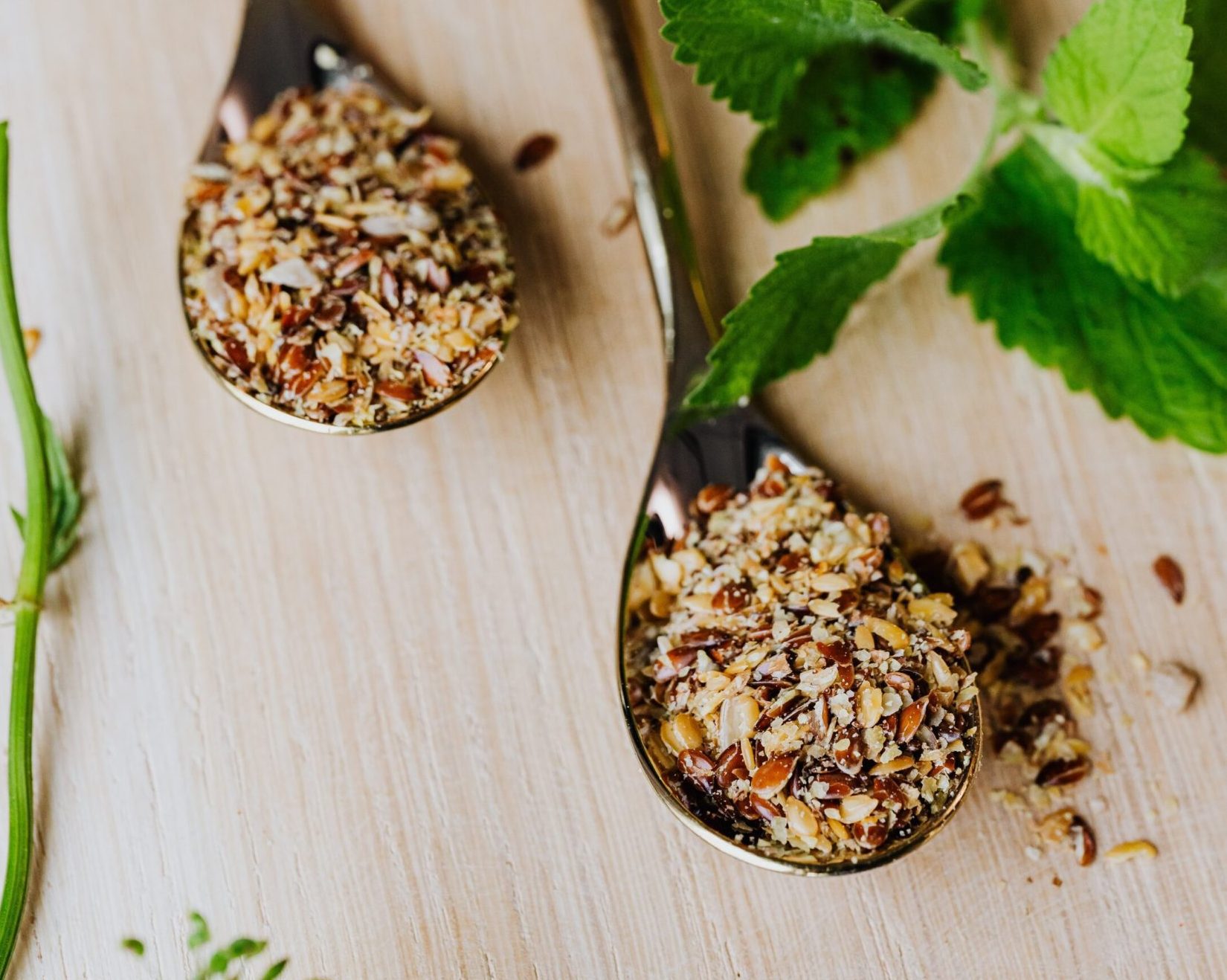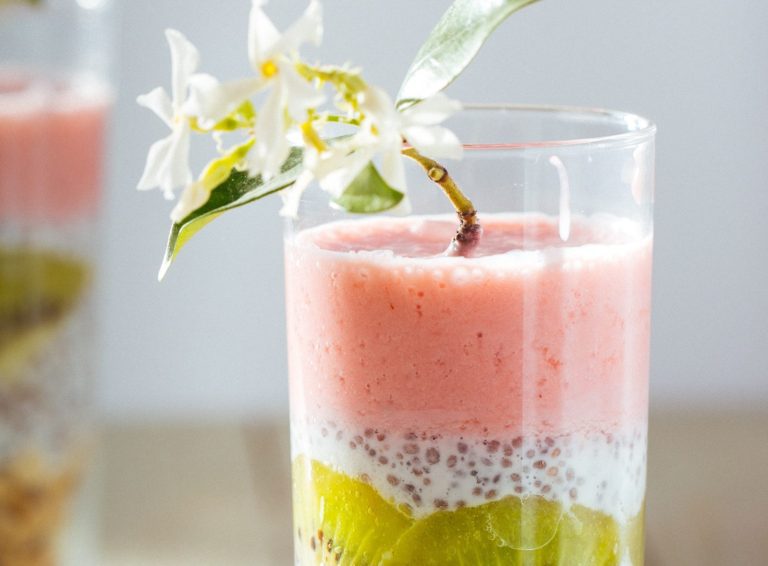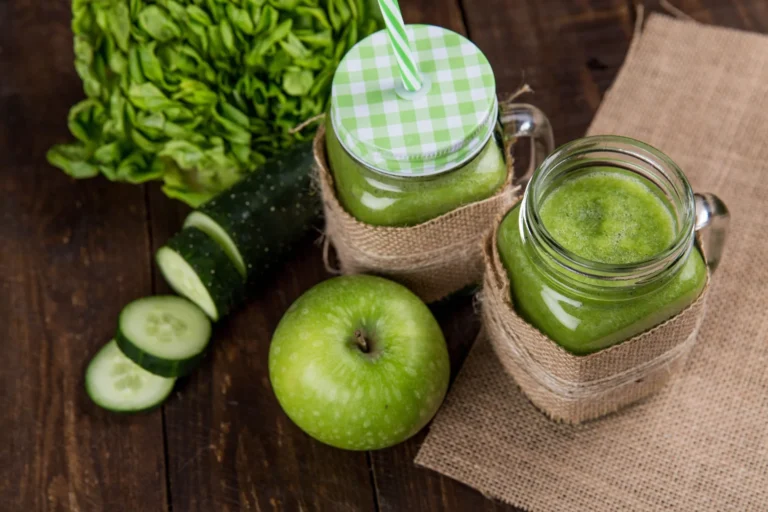So, let’s talk gut dysbiosis. What is it?
Gut dysbiosis refers to an overgrowth (a.k.a. infection) of opportunistic bacteria or yeast in the gut.
Opportunistic bacteria and yeast are part of the natural gut microbiome and either provide benefit, or at least don’t cause harm, when kept in check by the beneficial bacteria and yeast in the gut. When they aren’t kept in check, however, they can multiply in numbers and start causing negative health effects and unpleasant symptoms.
Harmful microbes shouldn’t be in the gut at all, and if they enter the gut they usually come from drinking or eating contaminated water or food, or touching contaminated surfaces without washing your hands afterward.
Gut dysbiosis can also refer to an insufficient level of certain beneficial bacteria or yeast (a.k.a. probiotics) strains in the gut.
Beneficial microbes help keep opportunistic bacteria and yeast under control, so when you don’t have enough of them, it can mean opportunistic microbes take over and wreak havoc in the gut.
Studies have shown that opportunistic bacteria levels are frequently increased in the digestive tracts of people with IBS, compared to the healthy population.
But, what does this actually mean?
For starters, let’s define IBS.
IBS stands for irritable bowel syndrome, a digestive condition that involves diarrhea and/or constipation, gas, cramping, nausea, and bloating without a known cause.
IBS is a diagnosis of last resort. That means that before diagnosing someone with IBS, a gastroenterologist will typically look into other digestive diagnoses that have identifiable causes, such as –
- Celiac Disease
- Crohn’s Disease or Ulcerative Colitis (also known as Irritable Bowel Disease, or IBD)
- Lactose Intolerance
- Non-Celiac Gluten Sensitivity
- FODMAP intolerance
Once more severe disorders like IBD are ruled out, the gastroenterologist may then make a diagnosis of IBS.
Because IBS is a syndrome (ie. a cluster of symptoms) with no identifiable cause in the medical community, treatment options are not plentiful.
Diarrhea, constipation, gas, cramping, nausea, and bloating with no known cause and few treatment options?
That sounds pretty miserable, doesn’t it?
The good news is, clinical studies may be able provide some answers for IBS sufferers. These studies have shown that people with IBS and gastroenteritis have elevated levels of opportunistic bacteria in their intestinal tracts.
Alternative and complementary practitioners have long understood that the gut microbiome plays a huge role in gut health, or lack thereof, so it’s exciting that the mainstream medical community is catching on.
Now, what about SIBO?
In *most* cases of gut dysbiosis, the overgrowth of opportunistic bacteria or yeast occurs in the colon/LARGE intestine, where the gut microbiome is supposed to colonize.
SIBO, which stands for small intestine bacterial overgrowth, is a specific type of gut dysbiosis that happens when beneficial or opportunistic bacteria or yeast get into the SMALL intestine.
The bacteria and yeast that make up the gut microbiome are NOT supposed to get into the small intestine.
The reason why? The small intestine is where bile (made by the liver and released from the gallbladder) mixes with any fat we consumed in our last meal to emulsify it, where it can then be broken down by lipase enzymes, absorbed through the intestinal wall, and carried by the lymphatic system where it is distributed to the organs of the body that will use it for energy. The small intestine is also where carbohydrates are broken down by amylase enzymes so they can be absorbed, the remaining amino acid bonds are broken by protease enzymes so they can be absorbed, and vitamins and minerals are absorbed.
This intricate process of digestion and absorption gets disrupted when bacteria and yeast from the colon migrate to the small intestine. What happens is these misplaced microbes break down many of the carbohydrates, fats, and proteins we eat before our enzymes can, so we don’t get enough nutrients from our food. This ultimately leads to malnutrition. When microbes break down the carbohydrates, fats, and proteins we eat, they also create excessive gas (either hydrogen, methane, or a combination of both) as a result. Both types of gas cause extreme bloating and pain. Hydrogen gas causes diarrhea, and methane gas causes constipation. A mix of both causes a person to experience both alternating diarrhea and constipation.
As you can see, SIBO is a serious problem that causes nutrient deficiency and miserable IBS symptoms.
As noted above, people suffering from IBS symptoms almost always have some type of gut dysbiosis.
This could be SIBO, an overgrowth of opportunistic bacteria or yeast in the colon, or a deficiency of beneficial bacteria or yeast in the colon. Or, sometimes a combination of two or all three.
If you think this could be happening to you…what are you supposed to do about it?
- First, you can order a stool culture test and a SIBO breath test to see if you have elevated levels of any opportunistic bacteria, or if you have an abnormal amount of hydrogen or methane gas in your gut. This is helpful so you’re not shooting in the dark in your search for your potential IBS causes and remedies.
- Second, you can research methods for resolving bacterial or yeast overgrowth.
Your doctor might prescribe an antibiotic like Rifaximin, but with antibiotic therapy comes a high chance of relapse, especially with SIBO. Since antibiotics can negatively impact your gut microbiome by wiping out beneficial bacteria, you can also contract an infection like C. Diff during or after antibiotic use.
If you would rather not go the antibiotic route, there are several evidence-based herbal protocols you can try yourself.
We have experience with the Yeast Infection Advisor protocol for treating bacterial overgrowth.
In 2019, Jonathan underwent extensive testing to get to the root of his longstanding digestive problems.
He tested negative for –
Calprotectin elevation, the marker for Crohn’s and Ulcerative Colitis
Fructose intolerance
SIBO/Small Intestine Bacterial Overgrowth
Candida Overgrowth
H. Pylori
E. Coli
C. Diff
Intestinal Parasites
and tested positive for –
Intestinal hyperpermeability and
Citrobacter Freundii overgrowth, known for causing diarrheal disease.
Jonathan also has the Lyme coinfection Ehrlichia Chafeensis, which can cause diarrhea and stomach cramping; and recurring Cytomegalovirus reactivations, which can also cause longstanding digestive problems.
In our search for a treatment plan for Jonathan’s Citrobacter overgrowth, we discovered an herbal antibacterial protocol from Yeast Infection Advisor.
The author and practitioner writes that every client who has ever followed this treatment plan resolved their bacterial overgrowth (whether SIBO or based in the large intestine) in 30-60 days, demonstrated by retesting.
During the month of June in 2019, Jonathan completed the Yeast Infection Advisor protocol for treating harmful bacteria in the gut. Sure enough, his IBS symptoms improved drastically and upon retesting, the Citrobacter overgrowth had cleared.
Resolving Jonathan’s gut dysbiosis, in combination with completing a 4-day rotation diet for several months, worked what I would have to call a miracle on his digestive health.
He went from experiencing debilitating nausea, cramping, pain, bloating, and diarrhea at every meal and multiple times throughout the day with the inability to maintain a healthy weight, to having fair to good digestion the majority of the time, with (much milder) IBS flare ups only during times of stress. Not to mention, he has gained weight and maintained it, too!
On to the Yeast Infection Advisor protocol.
*This protocol is designed to be followed according to the directions on the supplement bottles for thirty days, and then be repeated for another thirty days if necessary. Uva Ursi is taken one week on, one week off, so for two weeks total during the protocol, rather than every day.
1. DysbioX – This supplement is a standardized extract of plant tannins, a type of alkaloid, from a variety of herbs. Tannins have antioxidant, astringent, hemostatic, antiseptic, and toning properties. For the purpose of this protocol, it’s being used for its antiseptic properties.
2. Berberine Complex – This supplement is a standardized extract of a potent alkaloid called berberine, found in plants like Barberry, Goldenseal, Oregon Grape, and Phellodendron. Berberine has strong antifungal, antibiotic, and astringent properties. Additionally, it is active against Cytomegalovirus.
If you have constipation-dominant IBS or SIBO, you may get better results by replacing the Berberine Complex with Allicin (an antibacterial compound found in garlic).
3. Uva Ursi, standardized – Uva Ursi has bitter, diuretic, astringent, and urinary antiseptic properties from the components hydroquinone glycosides. Citrobacter or klebsiella overgrowth is a common agent for stubborn or recurring urinary tract infection, so the urinary antiseptic properties are quite helpful here.
4. Oil of Oregano – Wild Oregano has antioxidant, anti-inflammatory, antibacterial, antiviral, and anti-fungal properties through a variety of compounds, one being thymol.
5. Interfase – This supplement is a blend of enzymes specifically designed to break down or “digest” bacterial biofilms; biofilms that otherwise might prevent the antibacterial herbs from reaching the gut bacteria.
Biofilm busters like Interfase can cause an intense Herxheimer (die-off) reaction for some people, especially those with underlying infections like Lyme Disease and coinfections. If you have an immune system imbalance like TH2 dominance or an autoimmune disease, Interfase might increase your inflammation, causing the benefit not to be worth the negative side effects. If this is you, it’s better to leave the Interfase out of the protocol.
Probiotics can do more harm than good if you have SIBO, because the body isn’t doing a great job of keeping opportunistic or beneficial bacteria in the colon where they belong.
However, if you are dealing with bacterial overgrowth in your colon, I recommend adding a strong probiotic to the protocol, to prevent beneficial bacteria in the colon from being wiped out by the antibacterial herbs.
Digestive health is important for so many reasons. Our ability to break down and absorb nutrients, our immune system, and our gut-brain axis all hinge on digestive health. Resolving gut dysbiosis isn’t only indicated for people with IBS symptoms; restoring your gut health can be beneficial for everyone. A healthier gut equals a healthier YOU.
References: Prescription for Nutritional Healing 5th Edition, by Phyllis A. Balch; Nutritional Herbology, by Mark Pedersen; and The Herbal Medicine Maker’s Handbook, by James Green.
*This post contains affiliate links. If you choose to purchase a product through one of those links, I earn a small commission that helps me support my family, at no additional cost to you.





Thank you very much for sharing this article. I have pretty much the exact same thing. I tested positive to Citrobacter Freundii and I have the same symptoms. My results say it is sensitive to Uva Ursi. I was wondering for how long they took it?
Hi Marie, thanks for asking. He took the supplements in the protocol for one month, but it can be repeated a second month if needed.
is two month’s the max? I am at week 3.5 and still have exteme bloating and some other symptoms
Is it safe to take uva ursi for 2 months or more for citrobacterr freundii? All over the internet it says it could be toxic for longer than 5 days- is that not accurate?
Hi Joelle, thanks for asking. It’s recommended to take Uva Ursi one week on, one week off, etc. rather than taking it continuously during any protocol.